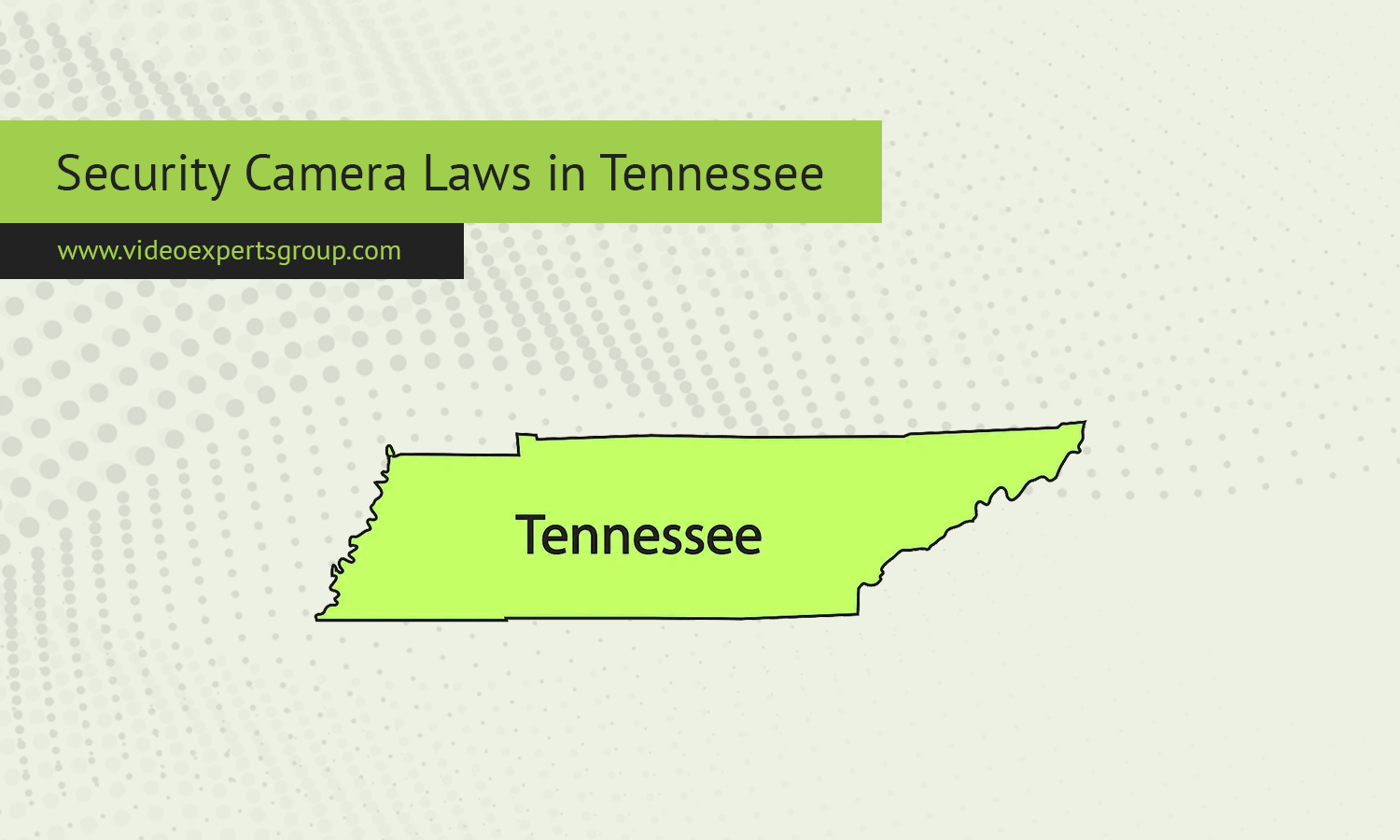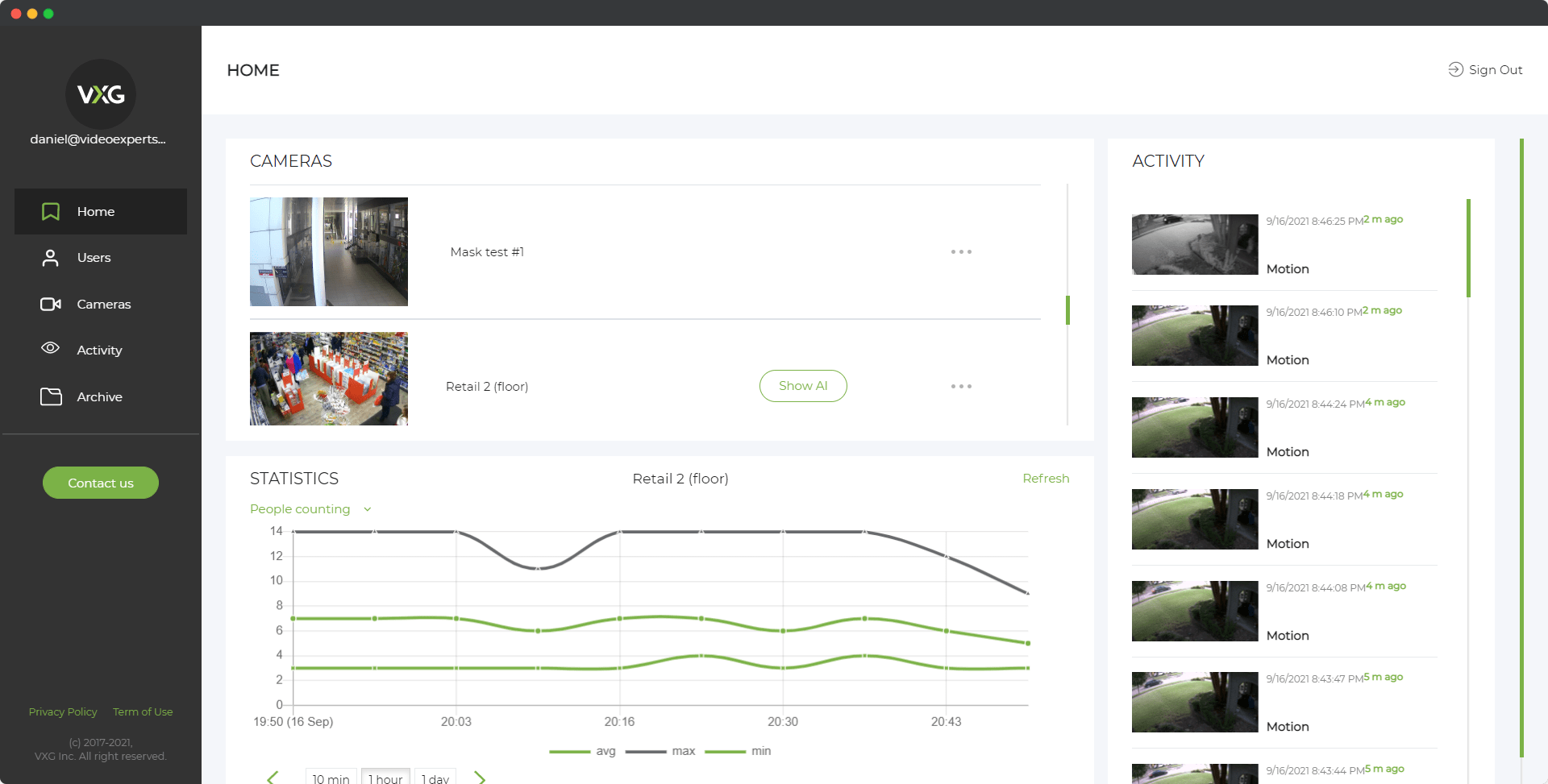Security cameras play a vital role in ensuring safety and deterring crime, but their use comes with legal considerations. If you live in Tennessee or plan to install security cameras there, understanding state-specific laws is essential. This article covers the key aspects of security camera laws in Tennessee, including privacy regulations, where cameras can be installed, and guidelines for businesses and homeowners.
Are Security Cameras Legal in Tennessee?
Yes, security cameras are legal in Tennessee, but their use is governed by laws designed to protect individual privacy. Tennessee adheres to both federal and state laws that regulate the placement and operation of security cameras. While you can use cameras to monitor your property, recording in areas where individuals have a reasonable expectation of privacy, such as bathrooms or bedrooms, is prohibited.
Where Can You Legally Place Security Cameras?
1. Residential Properties
- Allowed Locations: Homeowners are permitted to install security cameras in and around their property, including driveways, yards, and entryways.
- Restricted Areas: Cameras should not capture footage of private spaces, like the interior of a neighbor’s home or fenced-in yards where privacy is expected.
2. Public Spaces
In Tennessee, it is generally legal to install cameras in public areas, such as streets, parks, and commercial establishments. Since these areas do not guarantee privacy, surveillance is typically acceptable.
3. Workplace and Business Settings
Businesses in Tennessee can install security cameras to protect assets and employees. However:
- Employees must be informed about surveillance.
- Cameras cannot be placed in restrooms, changing rooms, or other areas where privacy is expected.
Audio Recording and Consent Laws in Tennessee
Tennessee is a one-party consent state. This means that at least one person involved in a recorded conversation must give consent. If your security cameras have audio capabilities, ensure you are either part of the conversation or have explicit permission from one of the participants before recording. Unauthorized audio recording can lead to legal consequences.
How Do Security Camera Laws Apply to Businesses?
Businesses must comply with specific regulations to avoid legal risks:
- Signage: Informing employees and customers about the presence of cameras is recommended. Signs such as “This Area is Under Surveillance” can serve as a notice.
- Data Storage: Businesses must secure recorded footage to prevent unauthorized access or breaches.
- Purpose: The surveillance should be used for legitimate purposes, such as security or monitoring employee performance.
Do You Need Permission to Install a Security Camera?
In most cases, you do not need special permission to install security cameras on your property in Tennessee. However:
- If you live in a neighborhood governed by a Homeowners Association (HOA), you may need to check their guidelines.
- For rental properties, tenants should obtain the landlord's consent before installing cameras.
Penalties for Violating Security Camera Laws
Violating Tennessee’s security camera laws can result in fines, lawsuits, or criminal charges. For instance:
- Recording in Private Areas: Installing cameras in restrooms or bedrooms can lead to invasion of privacy claims.
- Unauthorized Audio Recording: Recording conversations without consent is punishable under state and federal laws.
FAQ
By understanding and complying with Tennessee’s security camera laws, you can ensure that your surveillance system is effective and legally sound. If in doubt, consult a legal expert to ensure full compliance with state regulations.
















